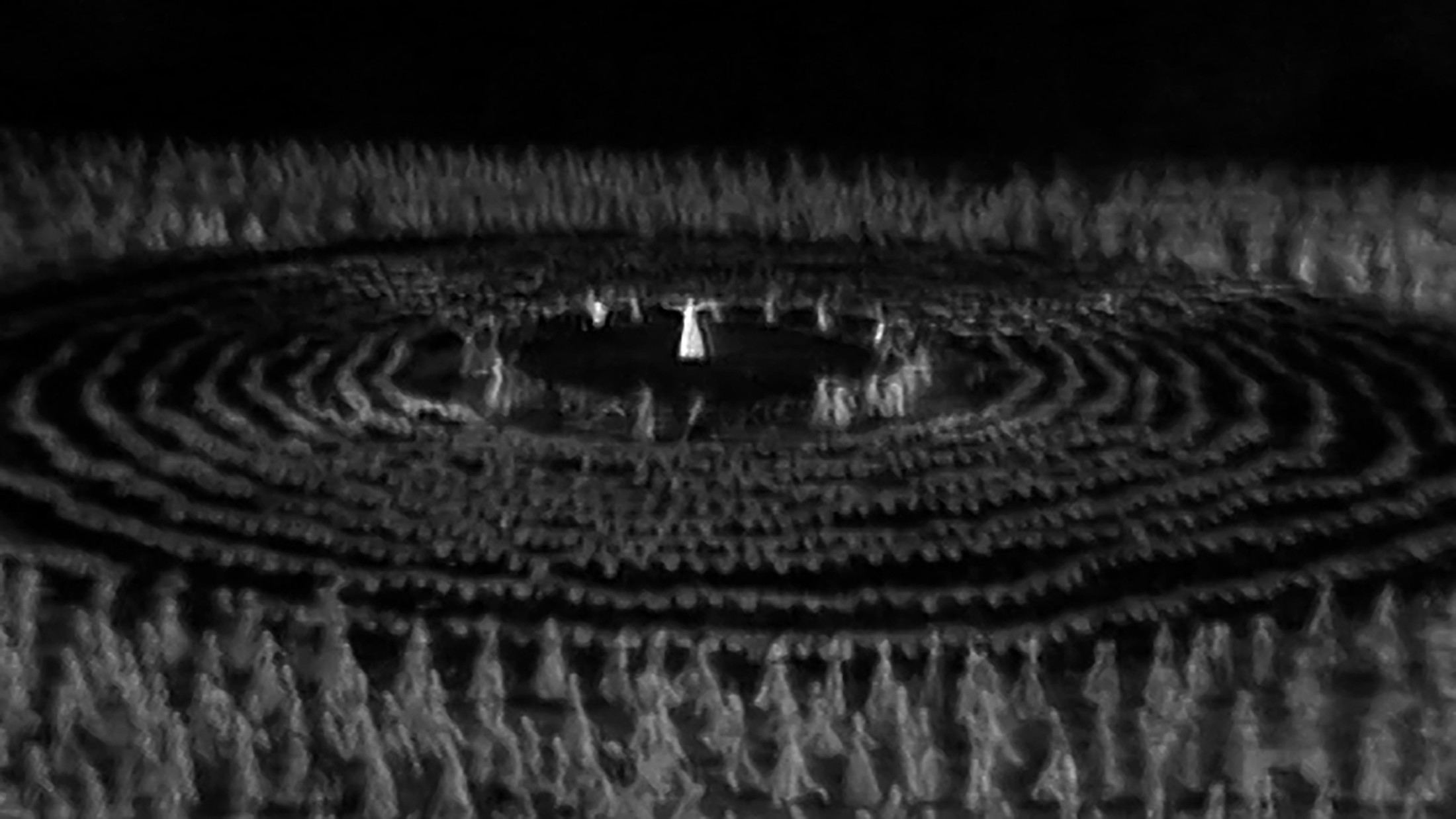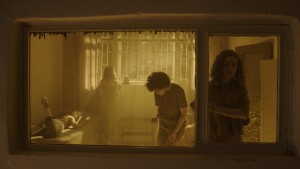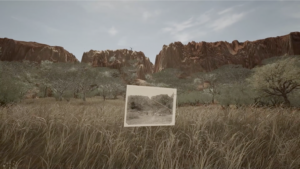Marta Popivoda
BODY(SCAPES), in PLURAL, engages (expanded) moving image-making and performance as practices of knowledge production while working with concepts of social choreography and landscape dramaturgy. It returns to 1988 and a moment in the history of Yugoslavia when the social choreography of heterogeneous but united (socialist) bodies disappeared right before the Yugoslav public. Through feminist storytelling, critical fabulation, and re-enactment, it invites us to rethink ourselves, the citizens, as the audience of history and to produce decolonial forms of contemporary solidarities.
The starting point of the research is a historical event – the last socialist mass performance in former Yugoslavia: the 1988 Youth Day celebration or slet (mass choreography) – that happened just before the fall of the Berlin Wall and the beginning of the Yugoslav Wars. In Yugoslavia and other socialist countries, the slet was the most prominent form of mass performance and a genre of aesthetic expression of the dominant ideology. Their function was to promote the revolutionary ideas of the socialist state by pedestrian-performing bodies.
In 1988, seeking to modernize Youth Day, the Communist Youth of Yugoslavia prepared a modern dance performance with a single heroine. Even though the pitch was filled with 9,000 other performers, she completely dominated the scene, which turned the 1988 slet into a dance solo of gigantic proportions. For the first time in the history of this event, the entire choreography and set were mobilized to single out just one body, the virtuosic body of a dancer, from the anonymous mass dancing around. It was the social choreography of the new era, the era of individualism and liberalism.
Starting from the historical event that clearly shows an ideological shift that marked the transition from socialism to capitalism, from collectivism to individualism, through my moving-image practice, research, and methods of feminist storytelling, critical fabulation, slow and landscape cinema, I would like to go toward the future and confront discourses, experiences, images, and thoughts (from below) of utopia and dystopia, age, gender, and queerness, as well as potentialities for some new collective bodies. I am interested in how our „surfaces“ touch and diverge and how moments of solidarity with other humans and nature are possible today.
Marta Popivoda is a filmmaker, artist, and researcher. The main concerns in her work are the tensions between memory, history, and ideology, as well as the relations between collective and individual bodies. Popivoda approaches them from a feminist and queer perspective. In her recent work, she uses landscape dramaturgy, feminist storytelling, and radical slowness principles to produce scenes of (antifascist) memory.



